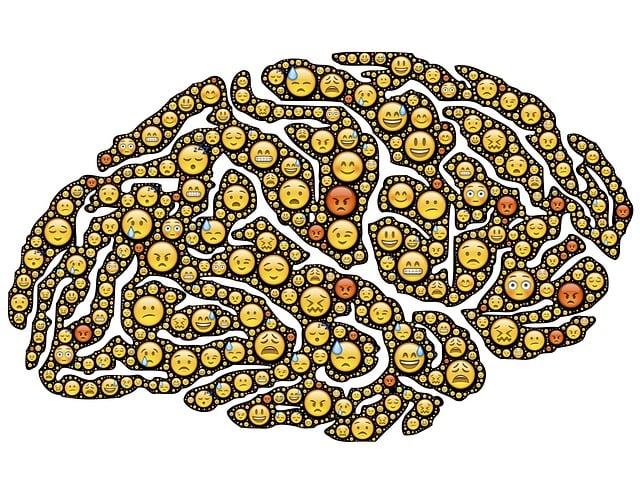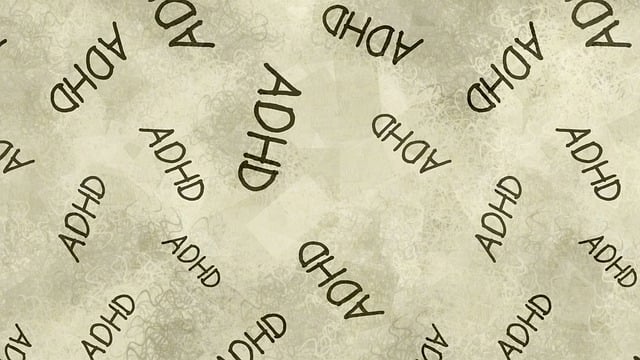Loss, grief, and bereavement significantly impact mental health, making understanding and supporting these processes crucial. Castle Rock Cognitive Processing Therapy (CRCPT) is an effective specialized therapy for navigating grief. It identifies and restructures unhelpful thought patterns, strengthens coping mechanisms, and cultivates resilience through structured sessions focusing on emotional expression and understanding. CRCPT's evidence-based practices transform challenging experiences into growth opportunities, enhancing mental health awareness. By modifying negative thought patterns associated with loss, CRCPT reduces intense emotions, helping individuals process grief healthier. Mental wellness support can be extended through a podcast series or tailored coaching programs for continuous healing after loss.
Loss, grief, and bereavement are universal experiences that can profoundly impact individuals. This comprehensive guide delves into these complex emotions, offering a detailed overview of the grieving process. We explore the power of Castle Rock Cognitive Processing Therapy (CRCPT) as an innovative approach to healing. By addressing common challenges, CRCPT facilitates coping mechanisms and provides success stories of hope and recovery. Discover how this therapy empowers individuals to navigate loss, transform grief, and find solace through effective strategies tailored to their unique journeys.
- Understanding Loss, Grief, and Bereavement: A Comprehensive Overview
- The Role of Castle Rock Cognitive Processing Therapy (CRCPT) in Grieving Process
- How CRCPT Addresses Common Challenges During Bereavement
- Effective Strategies for Coping with Loss: Incorporating CRCPT Techniques
- Finding Hope and Healing: Success Stories from CRCPT Sessions
Understanding Loss, Grief, and Bereavement: A Comprehensive Overview

Loss, grief, and bereavement are deeply personal experiences that can significantly impact an individual’s mental health and overall well-being. Understanding these concepts is crucial for anyone seeking support during difficult times. Loss refers to the absence or deprivation of something valued, such as a loved one, relationship, or even a life stage. It can be sudden or gradual, leaving individuals with varying degrees of emotional distress.
Grief is the natural response to loss, characterized by a range of intense emotions like sorrow, anger, guilt, and loneliness. It is not a linear process but rather a complex journey where one may experience fluctuations in their feelings. Bereavement, on the other hand, specifically refers to the period after a significant loss, often involving the process of adapting to life without the presence of a loved one. Castle Rock Cognitive Processing Therapy (CRCPT) is an effective approach that helps individuals navigate these complex emotions. By fostering mental health awareness and encouraging self-awareness exercises and self-care practices, CRCPT enables clients to process their grief, enhance their coping mechanisms, and ultimately, find resilience in the face of loss.
The Role of Castle Rock Cognitive Processing Therapy (CRCPT) in Grieving Process

Castle Rock Cognitive Processing Therapy (CRCPT) offers a unique and effective approach to helping individuals navigate the complex landscape of grief and bereavement. This therapy focuses on identifying and modifying unhelpful thought patterns and beliefs that often arise during the grieving process. By addressing these cognitive distortions, CRCPT enables clients to develop healthier coping mechanisms and enhance their overall mental well-being.
Through structured sessions, CRCPT incorporates conflict resolution techniques and communication strategies to help individuals process their emotions, memories, and feelings related to loss. It encourages a safe space for expressing grief, fostering understanding, and promoting healing. By integrating these evidence-based practices, CRCPT supports the development of resilience, allowing individuals to transform their experiences into a source of strength and growth while increasing mental health awareness.
How CRCPT Addresses Common Challenges During Bereavement

Castle Rock Cognitive Processing Therapy (CRCPT) is a highly effective approach to addressing the complex challenges associated with bereavement. This therapy recognizes that grief is a natural response to loss, but it also acknowledges the potential for prolonged and complicated mourning periods. By focusing on cognitive processes and emotional experiences, CRCPT helps individuals navigate through the stages of grief in a healthy manner. The therapy facilitates an understanding of one’s thoughts and feelings, enabling clients to challenge and reframe unhelpful beliefs that may arise during bereavement.
One of the key strengths of CRCPT is its ability to enhance emotional intelligence—a crucial skill for managing intense emotions and fostering resilience. Through structured sessions, individuals learn coping strategies tailored to their unique experiences of loss. This personalized approach not only aids in depression prevention but also empowers people to effectively communicate their feelings and connect with support systems, such as those offered through community outreach programs.
Effective Strategies for Coping with Loss: Incorporating CRCPT Techniques

Dealing with loss can be profoundly challenging, but incorporating evidence-based strategies like Castle Rock Cognitive Processing Therapy (CRCPT) offers valuable support for individuals navigating grief and bereavement. CRCPT focuses on identifying and modifying negative thought patterns associated with traumatic or stressful events, allowing individuals to process their emotions in a healthier way. This therapeutic approach encourages active participation in re-framing thoughts, which can help reduce the intensity of feelings like sadness, anger, or guilt that often accompany loss.
By integrating CRCPT techniques, mental health professionals can assist clients in conducting a comprehensive risk assessment for mental health deterioration. This involves monitoring changes in mood, behavior, and thought patterns to prevent escalation and promote resilience. Furthermore, exploring these strategies through the lens of a Mental Wellness Podcast Series Production or developing tailored Mental Wellness Coaching Programs can provide ongoing support, fostering continuous healing and growth in the face of loss.
Finding Hope and Healing: Success Stories from CRCPT Sessions

Many individuals facing loss, grief, or bereavement find hope and healing through Castle Rock Cognitive Processing Therapy (CRCPT) sessions. This innovative approach focuses on processing emotions, challenging negative thought patterns, and fostering resilience. Success stories from CRCPT groups highlight the power of collective support and shared experiences. Participants often report feeling understood and validated in a safe, non-judgmental environment.
The therapy’s cultural sensitivity in mental healthcare practice is evident, as it respects individual backgrounds and beliefs. This inclusive approach enhances emotional healing processes, enabling clients to navigate their grief journeys at their own pace. By integrating traditional coping mechanisms with evidence-based practices, CRCPT sessions promote mental wellness, empowering individuals to find strength and meaning amidst their losses.
Loss, grief, and bereavement are profound experiences that can significantly impact an individual’s well-being. The article has explored these topics, highlighting the importance of understanding their unique aspects. It has also delved into Castle Rock Cognitive Processing Therapy (CRCPT) as a powerful tool to navigate the grieving process. By addressing common challenges associated with bereavement, CRCPT offers effective strategies for coping with loss. The success stories shared illustrate the potential for hope and healing through this specialized therapy. Embracing CRCPT techniques can empower individuals to transform their grief journey into a path of recovery and personal growth.














